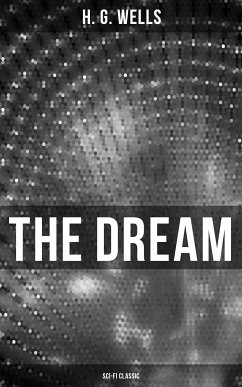In The Dream, H. G. Wells presents a captivating and thought-provoking tale that explores the boundaries between reality and illusion. Written in Wells' signature speculative fiction style, the book offers a unique and imaginative look at human consciousness and the power of dreams. Set in a futuristic world where technology allows individuals to enter each other's dreams, the novel raises intriguing questions about the nature of perception and identity. Wells' vivid descriptions and engaging storytelling make this book a must-read for fans of science fiction and philosophical literature. The Dream reflects Wells' interest in psychology and the unknown, showcasing his ability to create a compelling narrative that challenges conventional thought. With its blend of adventure and introspection, The Dream is a timeless classic that continues to captivate readers with its exploration of the human mind and the mysteries of the subconscious.
Dieser Download kann aus rechtlichen Gründen nur mit Rechnungsadresse in A, B, BG, CY, CZ, D, DK, EW, FIN, F, GR, H, IRL, I, LT, L, LR, M, NL, PL, P, R, S, SLO, SK ausgeliefert werden.
Hinweis: Dieser Artikel kann nur an eine deutsche Lieferadresse ausgeliefert werden.









